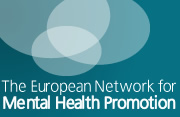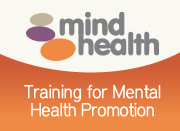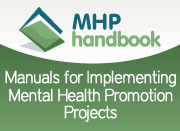Tools
- Utilities:
- Print this page
- Send this page
- Font size:
- Increase font size
- Decrease font size
Schools
 Definition
Definition
Schools in the ProMenPol project refer to educational settings for children and adolesence. Educational systems in European community differ substantially. In some countries 5-years old children go to school (e.g. United Kingdom, Sweden), whereas in others they start when they are 7-years old (e.g. Estonia). Additionally, the duration of the whole study period varies by countries as does the distribution of years between elementary, primary and high school. In the context of the ProMenPol Project it has been agreed, that educational settings include children and adolescents in formal education (from 5/6 years) on to university students. ProMenPol will not include pre-schoolers and kindergarten.
Relevance and Importance
School is a place where most of the young people go almost every day and where they spend a good proportion of the day. School environment plays a crucial role in promoting young people’s mental health and well-being and social contacts at school are essential part of their social network. Schools have a significant influence on the behaviour and development of all children and adolescents and provide an efficient means of promoting the health, academic and emotional development of young people. School is also a place where young people can be easily reached for implementing mental health promotion and protection programmes. The only limitation of involving only schools is that out of school and marginalized children and adolescents, who might be the most vulnerable group for mental health problems, cannot be reached.
Target Group
Within ProMenPol the primary target group to be addressed are the ‘gatekeepers’, who do their everyday work in schools and therefore have a key role in promoting and protecting mental health in educational settings.



